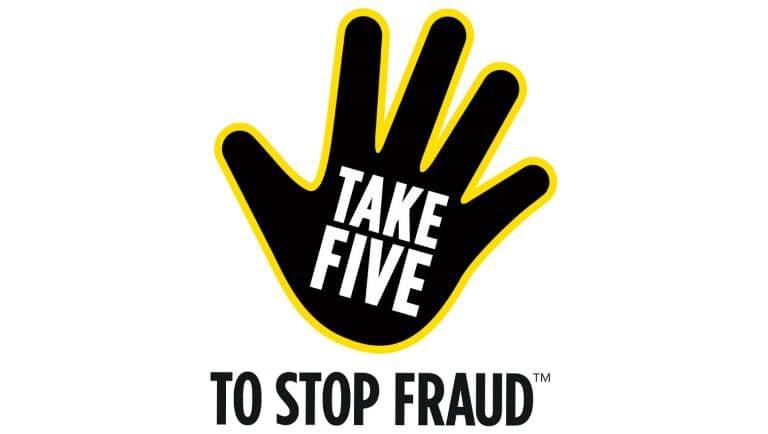
Romance scams
When someone pretends to be interested in a romantic relationship with you. They gain your trust and then ask for money.
How it could happen to you
- Someone starts talking to you on social media or through a group chat. Once you consider them a friend, they start asking you for money. They might try to play on your emotions by claiming to have a family crisis or overseas emergency
- A scammer sets up a social media account pretending to be a public figure. When you like or follow their content, they get in touch and befriend you. Once they’ve gained your trust, they ask you to help them with money
- You start talking to someone on a dating site or social media, but when you ask to meet in person, they always make excuses.
How to protect yourself
- Never send money to someone you haven’t met in person, especially if you haven’t been speaking to them for long or they claim to have a family crisis or emergency
- Be wary if someone you’ve met online refuses to meet in person or always has an excuse not to
- Scammer’s accounts are regularly shut down, and they want to get your money before that happens. Be wary of anyone who says they need you to send money very quickly
- If someone keeps asking you for more money, take a moment to stop and consider how realistic or believable their reasons are
- Remember that celebrities and public figures are unlikely to form private relationships with their social media followers and then ask for money. If this happens to you, it’s probably a scam
- If you’re unsure of what to do, always ask someone you can trust who can give you impartial advice.
What does it look like?
We've written a story that shows what a romance scam might look like. It describes common tactics we know scammers use, based on insights from our fraud and scams team.
Types of scams to watch out for
These are among the most common tricks currently used by scammers but they constantly come up with new ways to contact you, so be vigilant.

Impersonation scams
When someone pretends to be the police, a bank, a friend or business, to convince you to send them money.

Investment scams
When you’re invited to invest in things that are worthless, or don’t exist.

Purchase scams
When fake or non-existent items are advertised for sale.

Advance fee scams
When fake companies ask for an upfront fee and then don’t provide the service you’ve paid for.

Invoice scams
When account details on an invoice are changed, or emails are intercepted, so the money is wrongly paid into the scammer’s account.

Romance scams
When someone pretends to be interested in a romantic relationship with you. They gain your trust and then ask for money.

Pension scams
A scammer says they can make you money, and convinces you take a lump sum out of your pension – then steals it.

Doorstep scams
A rogue trader knocks on your door and pretends your house needs work – then overcharges you for it and often doesn't finish the job.

Bereavement scams
A scammer contacts you after someone has died, and says you owe money to pay off a debt or access a payout.

Phishing, smishing, and vishing
You receive an email, text message, or call claiming to be from a well-known company or organisation such as a bank or the police.
You may also like…

Protect yourself from fraud
Learn about the different types of fraud
More and more people are being targeted by fraudsters, so it’s important to be alert. Knowing about the different types of fraud can help you protect yourself and your money.

Think you’ve been a victim?
How to report fraud or a scam
Find out what to do if you’re worried about a card payment, how to report fraud and scams and what happens after you tell us, plus get tips on how to help protect yourself.

Take Five to stop fraud
National awareness campaign
Take Five is led by UK Finance and backed by the Government and other organisations. If you receive a phone call, text or email you think might be fake, it urges you to stop – take five – and challenge what you’re told.

Make money work for you
Explore the ways we can help you start a new relationship with money, whatever your age.


